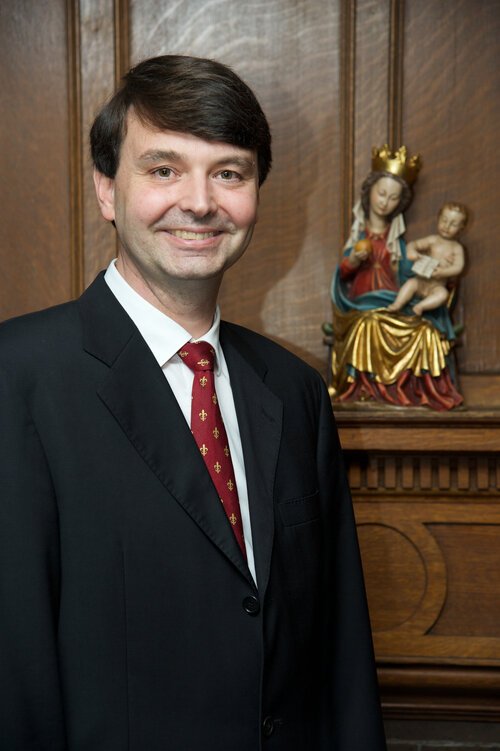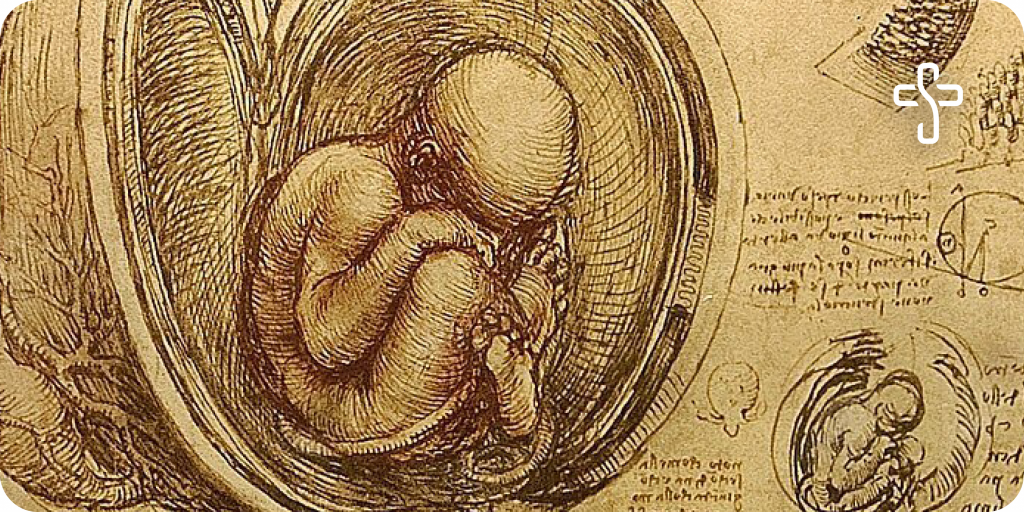by Joseph Meaney, PhD, KM, for the National Catholic Bioethics Center
October 8, 2024
Transplanting the Womb: A Catholic Bioethical Analysis, by Andrew S. Kubick, PhD, provides a thorough analysis of the ethical ramifications of uterine transplants from the Catholic tradition’s perspective as well as secular viewpoints. Many readers will be surprised that this is a medical possibility, but since the year 2000 there have been successful womb transplants in places as far ranging as Saudi Arabia and Sweden. The first live birth of a baby gestated in a transplanted uterus was in 2014. Over 50 children worldwide have since been born using this technique. The United States is now an international leader in this field with several womb transplantation programs and clinical trials under way in different medical centers.
Uterine Transplants Pose Very Serious Questions
The final ethical analysis of uterine transplants, however, would judge it to be immoral as the only way to have a child through this process so far has been through in vitro fertilization (IVF). Father Tad Pacholczyk gives an excellent brief summary of our current situation and the evils of IVF here.
Kubick has worked with The National Catholic Bioethics Center (NCBC) for several years now, first as a post-doctoral fellow and currently as an NCBC personal consultations ethicist. He is both a scholar and a highly compassionate person practically engaged in the defense of religious liberty through his work with the Religious Freedom Institute in Washington DC. He devotes quite some time in the book to the procedures surrounding IVF and uterine transplants and the historical development of these techniques. I particularly liked his introduction to the fundamental moral philosophies, guiding principles, bioethical arguments, and rhetorical strategies used by secular and Christian bioethicists.
Ethical Safeguards are Vital
What was only theory, or even science fiction, in the past is becoming scientifically possible today. There is even serious consideration of how it might be technically possible to graft a uterus into a biological male. We are often faced with an attitude among researchers that ethical safeguards delay “the march of progress” when, in fact, what they do is help prevent tragic mistakes. As an ethicist, it sometimes feels like one is frantically trying to apply the brakes on a runaway train of science that is heading for disaster. Many doctors, researchers, and members of the general public are blissfully unconcerned about the very real dangers or even resentful when given warnings or guidance regarding the morality of novel procedures.
Our current situation is also quite challenging for the Church since the normal practice going back centuries was for theologians and Catholic authorities to take considerable time to reflect on problems and, only then, finally issue a definitive magisterial teaching. There is wisdom in not making snap judgments, but the proverbial maxim that it is too late if one closes the stable door after the horse has bolted is also applicable. The first IVF baby was born in 1978. The Congregation for the Doctrine of the Faith’s document condemning the practice only came out in 1987. The faithful need guidance urgently and assistance in forming their consciences on many burning bioethical questions. This is one of the main reasons why bioethics centers like the NCBC are so vitally important in the life of the Church today.
Tranplanting the Womb
Thanks to this book, Transplanting the Womb, one has a solid Catholic evaluation of both the progress made and the ethical concerns surrounding these practices. No previous publications have provided an exploration of such depth. I wrote a short essay discussing many of the ethical questions surrounding the topic in 2021 and was grateful for the insights Andrew Kubick personally shared with me. This new book weighs all the ethical questions involved in the context of a sound Christian anthropology. Kubick benefitted tremendously from the assistance of Father Nicanor Austriaco OP, a noted scientist and bioethicist, in the organization and argumentation of this book. Both academically rigorous and faithful to the Catholic intellectual tradition, Kubick’s work will leave readers with a greater understanding of uterus transplantation and a deeper appreciation of Catholic moral philosophy. He is a fine Catholic gentleman and one that I am very happy to have as a colleague at the NCBC.
Read the original article on the bioethics of uterine transplants here.

Joseph Meaney, PhD, KM
Joseph Meaney received his PhD in bioethics from the Catholic University of the Sacred Heart in Rome. His doctoral program was founded by the late Elio Cardinal Sgreccia and linked to the medical school and Gemelli teaching hospital. His dissertation topic was Conscience and Health Care: A Bioethical Analysis. Dr. Meaney earned his master’s in Latin American studies, focusing on healthcare in Guatemala, from the University of Texas at Austin. He graduated from the University of Dallas with a BA in history and a concentration in international studies. The Benedict XVI Catholic University in Trujillo, Peru, awarded Dr. Meaney an honorary visiting professorship. The University of Dallas bestowed on him an honorary doctorate in Humane Letters in 2022.

